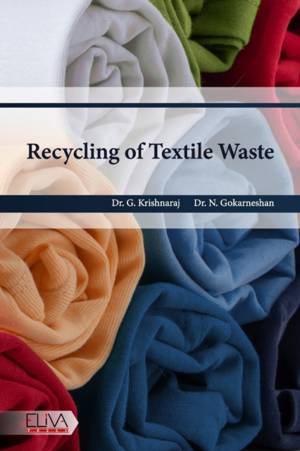

Welke mediakanalen vind jij belangrijk om boekeninspiratie op te doen?
Het invullen van onze vragenlijst kost maar een paar minuten en jouw feedback betekent heel veel voor ons!

We publiceren alleen reviews die voldoen aan de voorwaarden voor reviews. Bekijk onze voorwaarden voor reviews.